Ghost buildings, extensive dust, theft cases among pressing issues post earthquake in Malatya
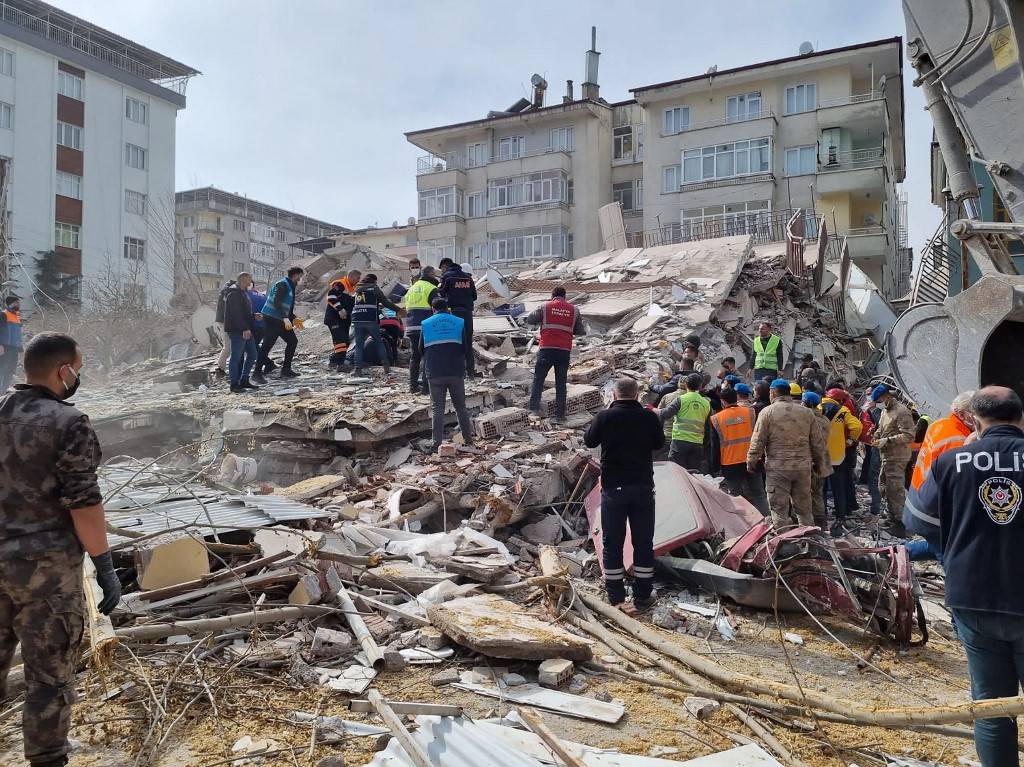
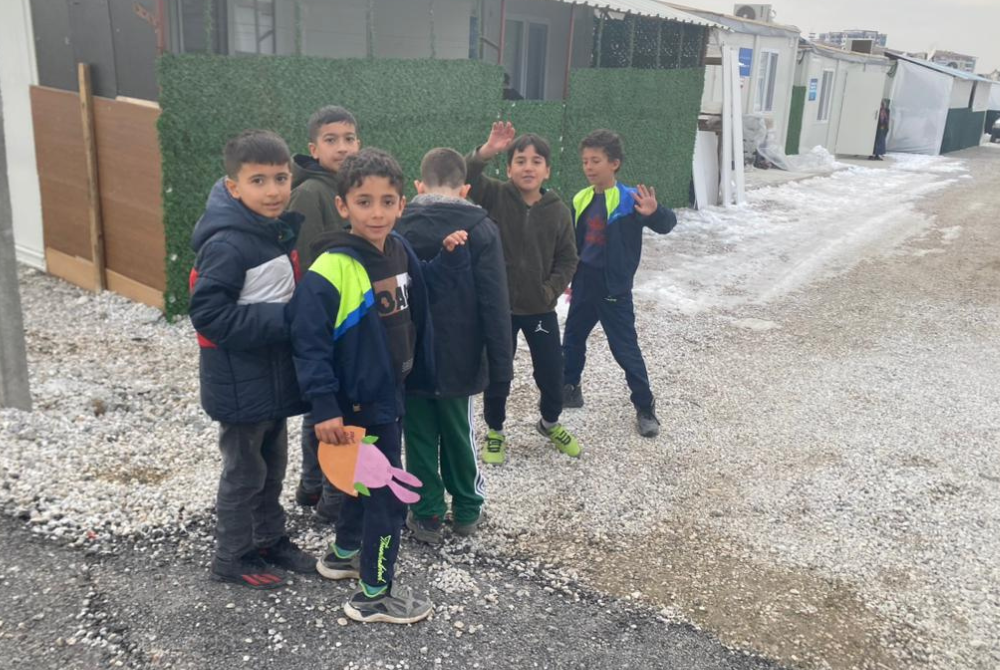
MALATYA - A year after the dual earthquakes that struck parts of Turkey, Malatya city which is one of the 11 Turkish provinces affected by the earthquake, is still grappling from the devastating aftermath.
The Turkish government immediately played a critical and massive role in handling the aftermath of the earthquakes, which was dubbed “disaster of the century”.
In Malatya, over 1,237 lives were lost and over 6,444 were injured. Other provinces in the region that were heavily affected were Kahramanmaraş, Hatay, Adıyaman, Gaziantep, Kilis, Diyarbakır, Adana, Osmaniye, Elâzığ and Şanlıurfa.
Across all affected provinces, about 50,000 lives were lost and 100,000 injured.
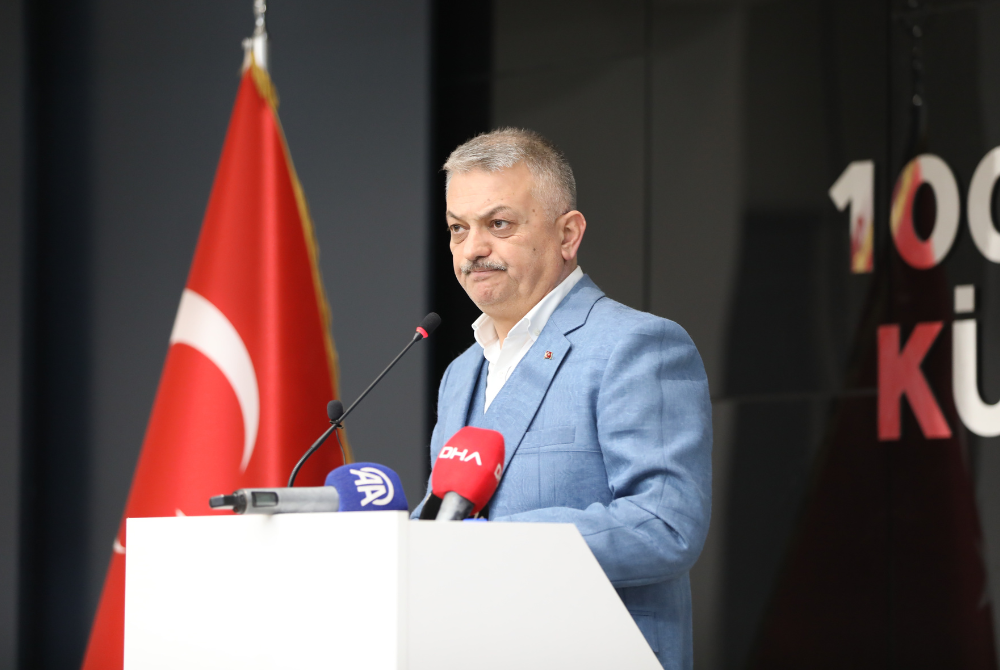
Post earthquake, there were several issues faced by the people of Malatya, as revealed by its governor Ersin Yazici during an international press tour of the post-earthquake locations, where it was also attended by Sinar Daily.
“Three of the top pressing issues post-earthquake were the presence of ghost buildings, huge amount of dusts that emerged from the rubble and the rising number of theft cases due to buildings without doors and windows,” he said.
To note, the number of total collapsed buildings were 6,643, while the number of buildings with severe damages were 35,907 and buildings with moderate damages were 2,525.
Even after one year since the incident, there were still sightings of ghost buildings across the provinces affected.
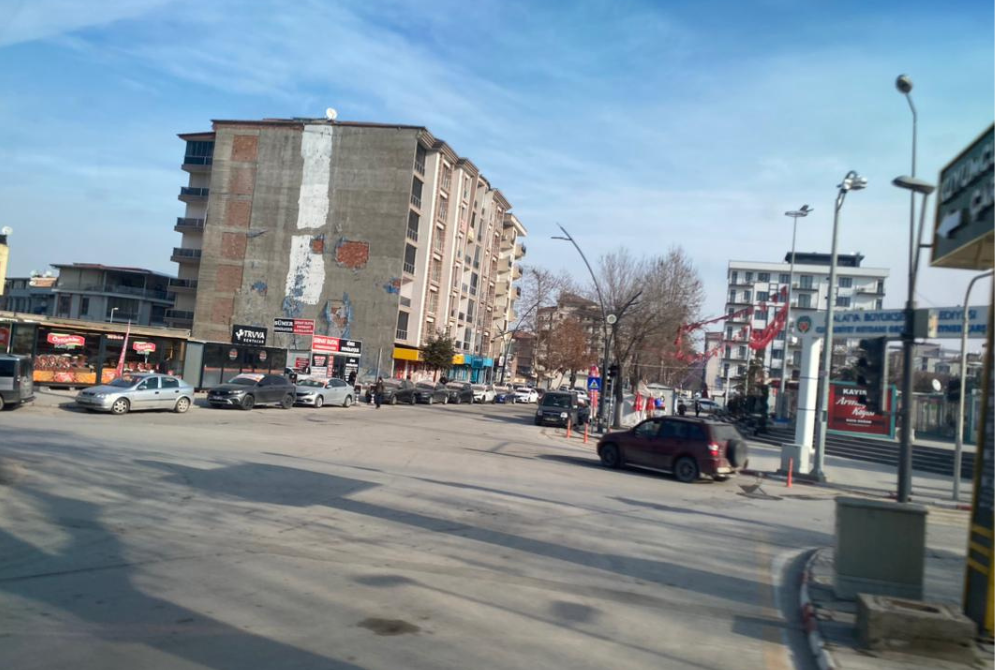
As the term suggests, these “ghost buildings” aptly captured the eerie essence of these structures - the physical scars were remnants of what were once homes and businesses, now standing desolate with no doors or windows.
To make it worse, the absence of doors and windows to these buildings, triggered a rise in theft cases. Yazici said it caused a huge problem among civillians in Malatya.
They were also confronted with the massive amount of dust as the crumbled buildings transformed into a sea of debris.
Yazici said the airborne matter not only posed health risks to the residents but also created a logistical nightmare for those tasked with rebuilding the city.
“The scale of the issue was staggering, with the amount of dust folding five times, making it a pervasive and persistent challenge,” he said.
ROAD TO RECOVERY
Although the scale of the crisis was unprecedented, the Turksih government wasted no time in mobilising strategic initiatives to navigate the challenges.
Residents who lost their homes, were placed temporarily in tents for several months while the government set up container cities.
Container cities were what you imagined them to be - temporary shelters made out of containers. There were sprawling container cities dotted along highways, cities and rural areas.
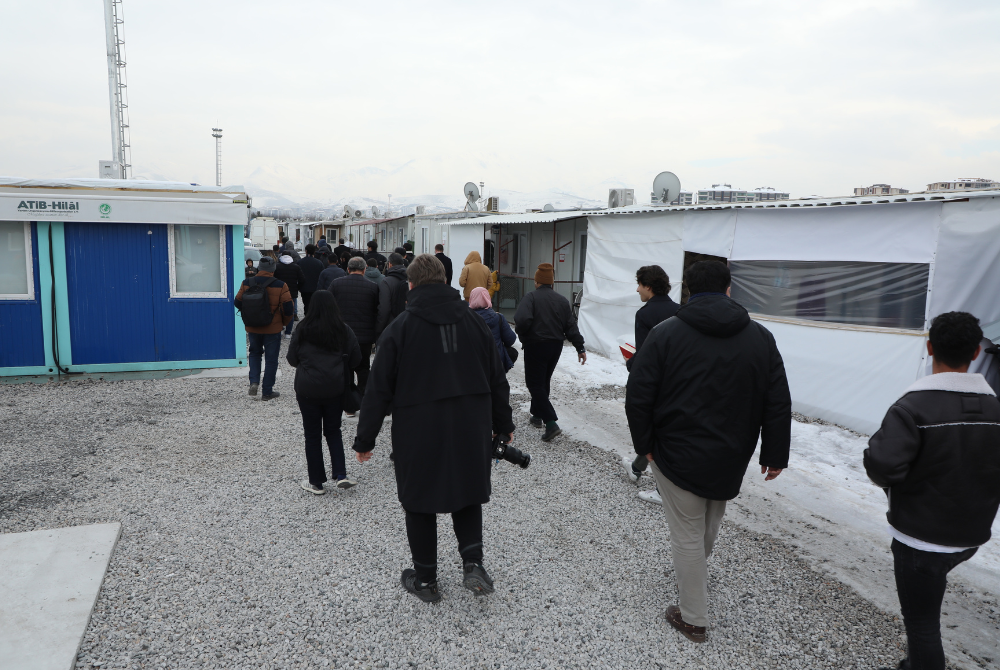
These container cities offered basic amenities. They have access to their own toilets, water, electricity, but not much else.
However, within the large compounds, designated social centres were also established as essential hubs of community interaction. These spaces host various activities and programmes aimed at bringing residents together, providing a sense of normalcy in the midst of adversity.
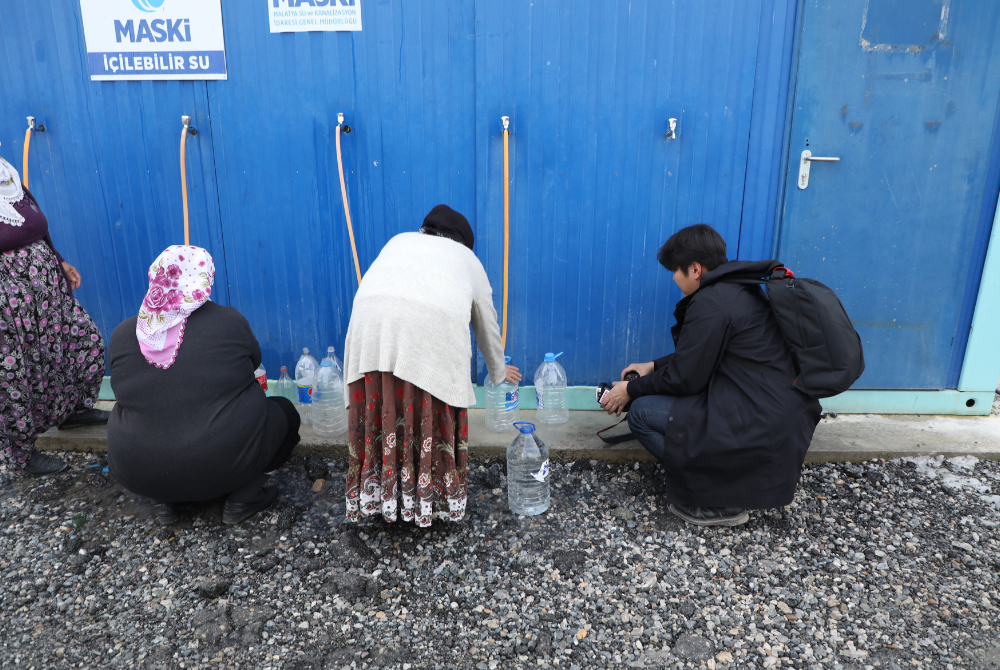
In one of the container cities in Malatya, the Turkish government also introduced support programmes specifically designed for individuals with autism. These iniatives aimed to create inclusive environments, providing necessary support and resources for those who required specialised care.
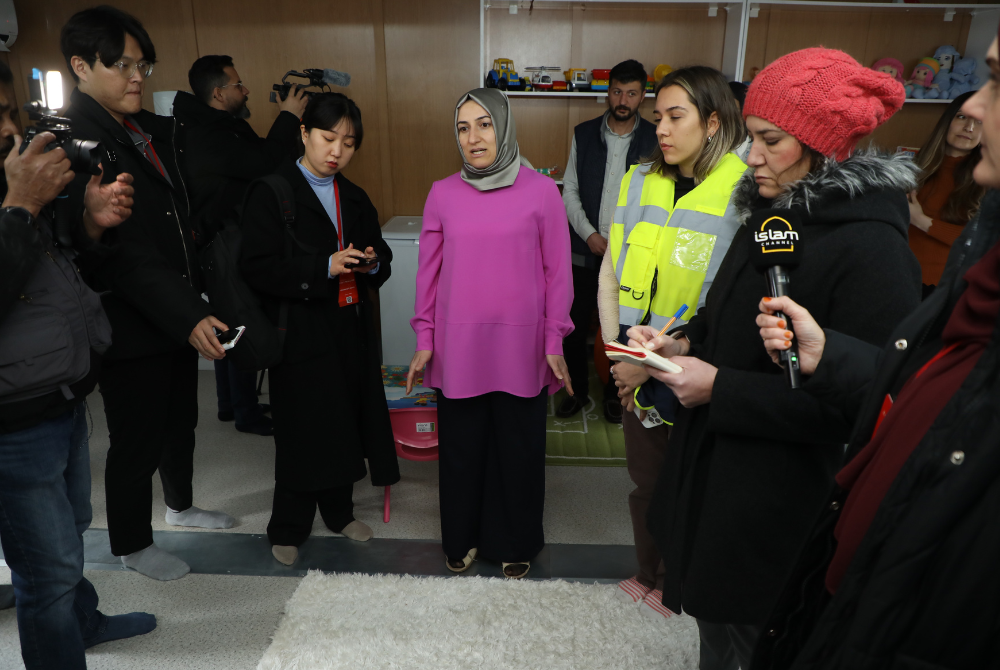
Yacizi said the citizens were removed from tents to the container cities in July 2023, and were now waiting for the government to provide them with new, permanent homes. These new homes, were currently under construction and expected to complete soon.
It is without a doubt that the constant reminder of the earthquakes’ fury and subsequent demolitions created an atmosphere of anxiety among its residents.
The collective trauma shared by residents amplified the need for community-based mental health support.
To address the trauma and psychological challenges, Yacizi said the government has provided psychosocial support to 510,267 individuals.
There were also ongoing efforts to help the people of Malatya, through the initiatives of counseling, workshops and community engagement.
Beyond immediate relief, the government was also committed to long-term resilience. Urban transformation projects were underway, focusing on improved infrastructure and sustainable development have been incorporated into the recovery plan.
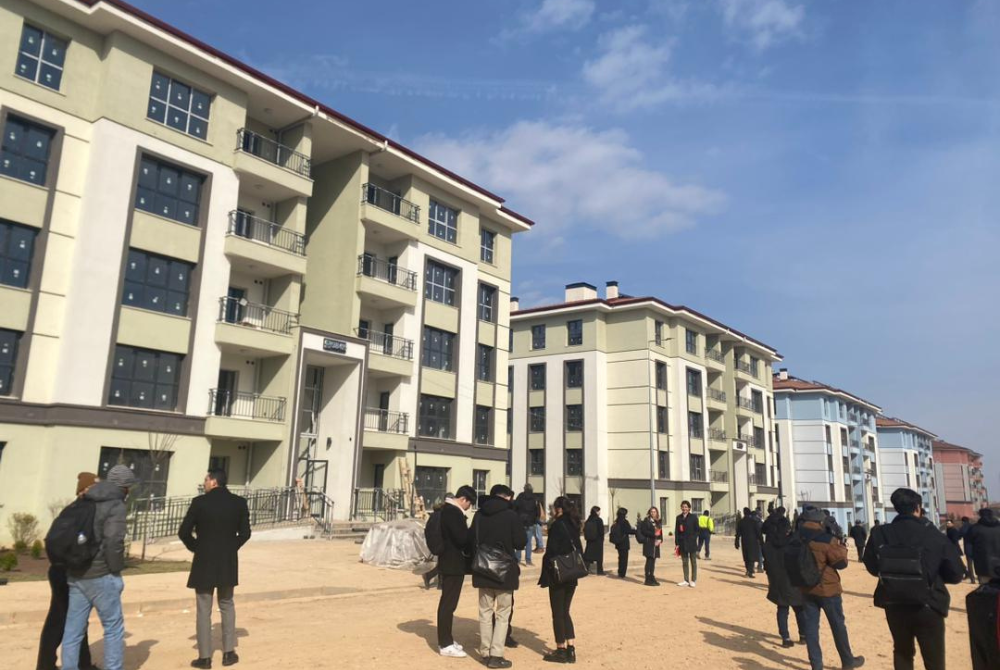
On Feb 6, last year, a 7.8 magnitude earthquake hit parts of Turkey and Syria and was marked as the largest earthquake in Turkey since the 1939 Erzincan earthquake of the same magnitude.
The rescue and relief efforts were hampered by the winter storms and damaged roads. However, more than 94 countries including joined to help the earthquake victims.
Malaysia reportedly chaneled over RM20 million in humanitarian aid to help earthquake victims in Turkey and Syria.











